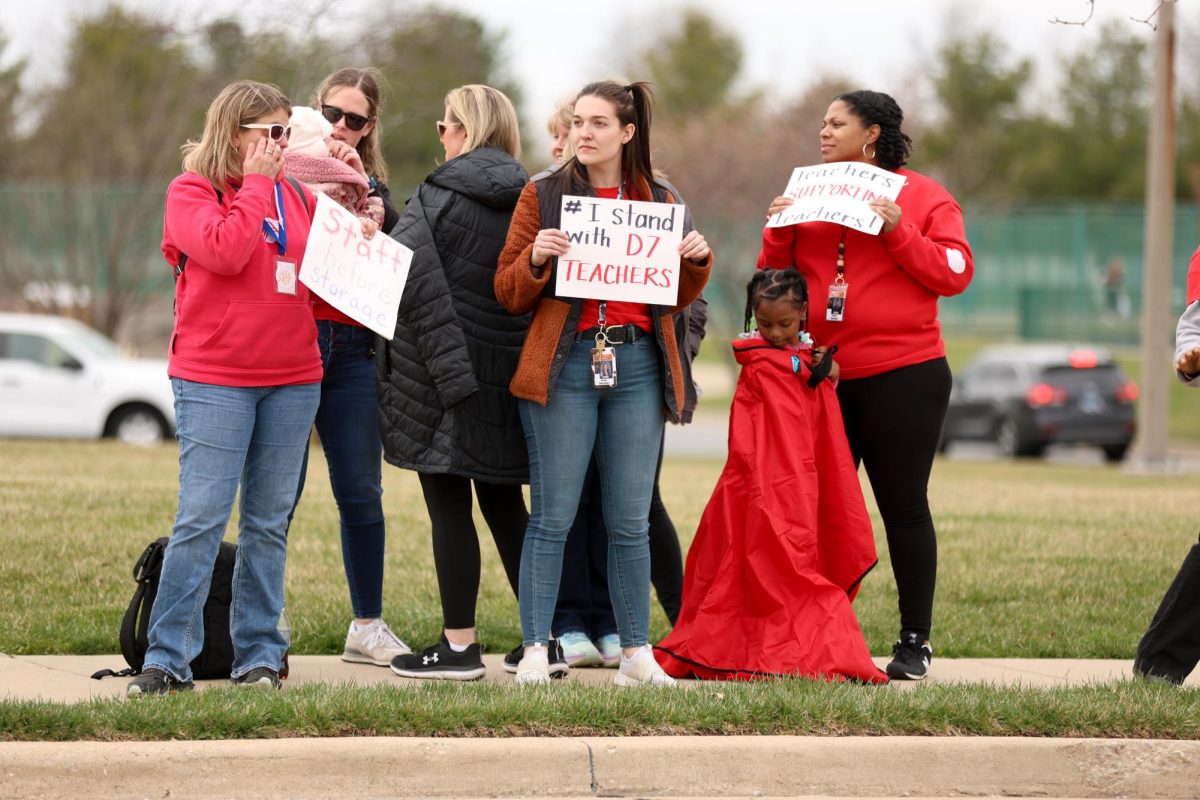Tweet about Kobe’s Complicated Legacy Insensitive, Inflammatory
February 6, 2020
With great power comes great resonsibility. Washington Post reporter Felicia Sonmez igonored that principle when she tweeted about rape accusations from 2003 against basketball star Kobe Bryant merely hours after he, his teenage daughter Giana and seven other people died in a tragic helicopter crash.
Disregarding the heartbreak of Bryant’s widow Vanessa Bryant, who had not only lost her husband but also her daughter, Sonmez posted a since-deleted tweet of an article headlined “Kobe Bryant’s Disturbing Rape Case: The DNA Evidence, the Accuser’s Story, and the Half-Confession.”
And the case was resolved years ago.
“Prosecutors dropped the case just before it was scheduled to go to trial, citing the accuser’s unwillingness to testify,” the New York Times reported. “A lawsuit the woman filed against Bryant ended in a settlement, the details of which have never been made public.”
Although her tweet’s timing was immeasurably insensitive, Sonmez did not deserve the death threats she received from fans in its aftermath.
Presumably panicking, she attempted to defend herself.
“Any public figure is worth remembering in their totality even if that public figure is beloved and that totality unsettling,” Sonmez tweeted.
She’s right: being rich and famous is not a license to be abusive without consequences, as is part of the premise of the #MeToo and #TimesUp movements. But flippantly tweeting about it on the day of such tragedy is crass and heartless.
Other media outlets acknowledged the allegations tastefully and respectfully, giving that part of Bryant’s complicated legacy only a paragraph or two in a summative piece about his life and death.
The Washington Post rightfully placed Sonmez on administrative leave, citing the death threats she received and a possible breach of the publication’s social media behavior policy.
“After conducting an internal review, we have determined that, while we consider Felicia’s tweets ill-timed, she was not in clear and direct violation of our social media policy…,” the Post’s managing editor Tracy Grant said in a statement. “We consistently urge restraint, which is particularly important when there are tragic deaths. We regret having spoken publicly about a personnel matter.”
They should regret it. This action rekindled the fire of angry Bryant fans, feeling that Sonmez’s suspension justified their outrage.
Sonmez’s suspension also enraged her fellow reporters, but for a different reason: they felt that it was unfair, and that the Post should be focused on protecting her from violence, not punishing her for the tweet. Over 300 Post journalists expressed these feelings in a letter to Grant and Executive Editor Martin Baron, and Sonmez’s suspension was reversed.
This entire mess could have been easily avoided had Sonmez considered her responsibility to represent her publication well. All people should take more care with what they say on social media—online rage is simply not the answer.
Until everyone realizes that, situations like this will continue to arise, much to the detriment of polite society.











